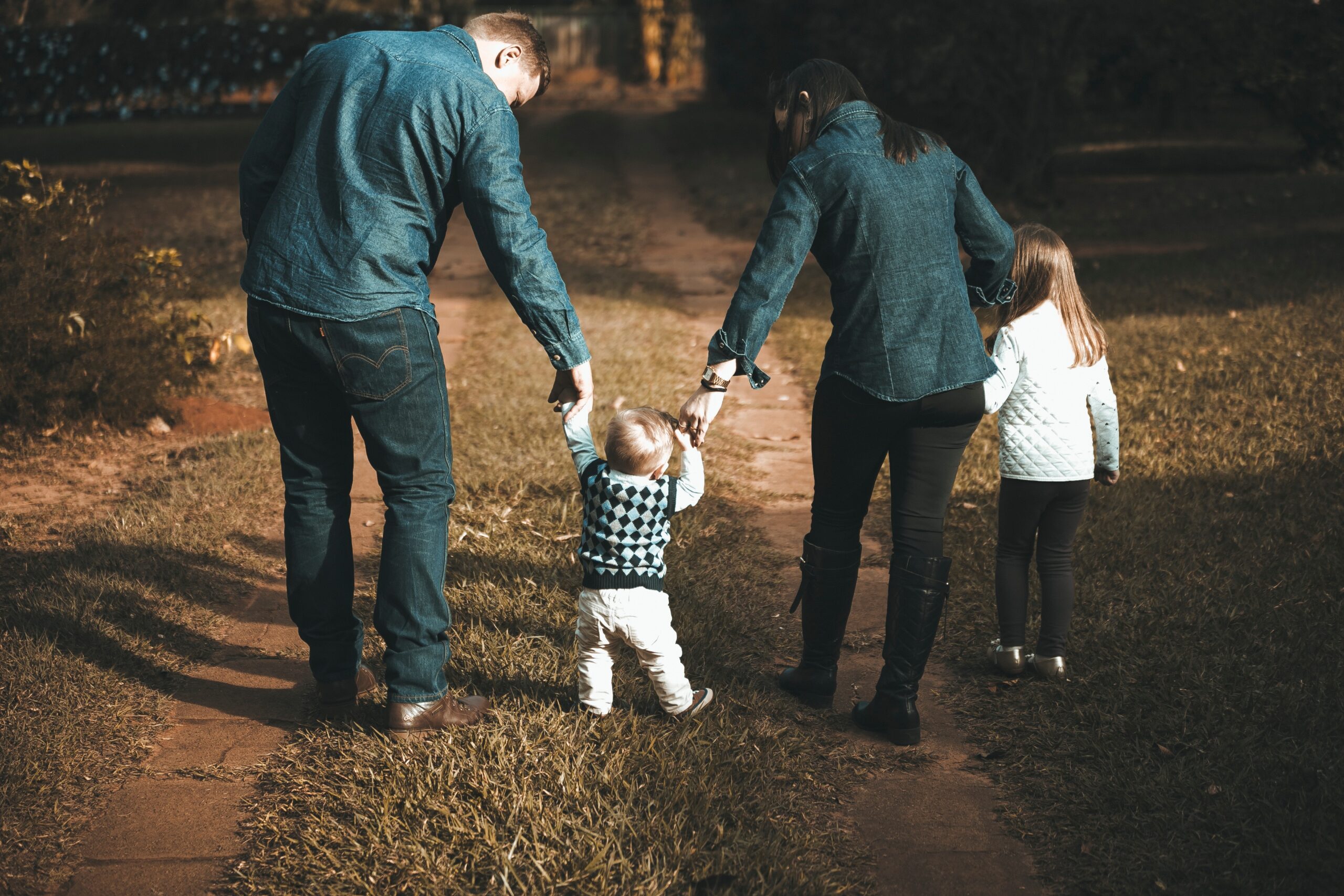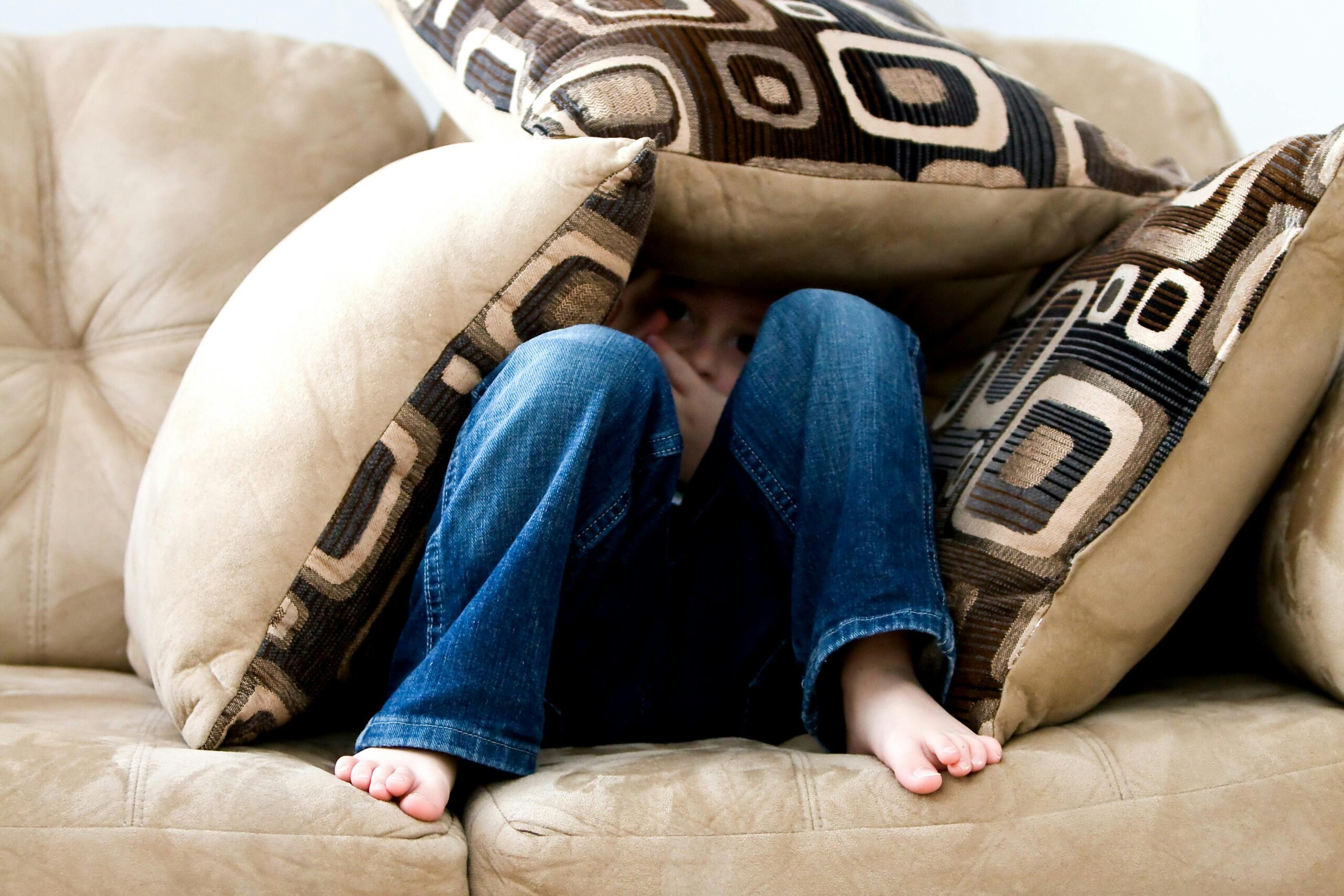
Can children move out of their parents’ house as adults to live in a separate residence?
In the United States, children can move out of their parents’ house at adulthood age or after getting married to live in a separate house. According to a survey, the average age when people move out of their parent’s home is somewhere between 24 and 27. However, there are many factors involved in this decision, such as financial independence, college completion, and long-term relationships.
It is also worth noting that some adult children choose to move out of their parents’ home to improve their relationships with them. If you are a parent and your adult child wants to move back home, it is advisable to have an agreement from the start about how long this will last and what their responsibilities will be.
What are the advantages and disadvantages of a child living in another house apart from his parents?
Living in a separate house from parents can have both advantages and disadvantages. Here are some of them:
Advantages:
- Independence: Living in a separate house can provide children with a sense of independence and autonomy.
- Privacy: Children can enjoy more privacy and personal space when living in a separate house.
- Flexibility: Living in a separate house allows children to have more control over their living environment, such as decorating, cleaning, and organizing.
- Responsibility: Living in a separate house can help children develop a sense of responsibility and accountability.
Disadvantages:
- Financial burden: Living in a separate house can be expensive, especially if the child is not financially independent.
- Loneliness: Children living in a separate house may feel lonely or isolated, especially if they are far away from their family and friends.
- Lack of support: Children living in a separate house may not have the same level of emotional and practical support as they would if they were living with their parents.
- Maintenance: Living in a separate house requires more maintenance and upkeep than living with parents, which can be time-consuming and stressful.
It’s important to note that the advantages and disadvantages of living in a separate house can vary depending on the individual’s circumstances and preferences.
Can parents be emotionally distressed by the fact that their beloved child has left them?
Yes, parents can experience emotional distress when their child leaves home to live in a separate house. According to a study conducted by Stanford University, parents can experience anguish, despair, guilt, blame, and depression when their child is forcibly separated from them. This can disrupt the parents’ ability to learn life skills and cope with adversity.
However, it’s important to note that not all parents experience emotional distress when their child moves out. Some parents may feel relieved or happy that their child is taking steps towards independence.
If you are a parent who is experiencing emotional distress due to your child moving out, it’s important to seek support from friends, family, or a mental health professional. You can also consider joining a support group for parents who are going through similar experiences.
How can parents cope with the emotional distress of their child leaving home?
Parents can experience a range of emotions when their child leaves home to live in a separate house. According to Psychology Today, understanding your attachment style and those of your children can help you stay connected while also helping them establish their independence. Secure parents will fare best, stay connected, and offer encouragement as children explore their new worlds. Here are some tips that can help parents cope with the emotional distress of their child leaving home:
- Stay connected: Agree on one day and time each week when the parent and child will reach out and “touch base.” Try to connect in person or on the telephone, not with text.
- Develop new interests: Parents can use the extra time they have to develop new interests or hobbies.
- Seek support: Parents can seek support from friends, family, or a mental health professional if they are struggling with emotional distress.
- Focus on the positive: Parents can focus on the positive aspects of their child leaving home, such as the opportunity for personal growth and independence.
It’s important to remember that every family is different, and what works for one family may not work for another. Parents should find what works best for them and their child.
I hope this helps!




